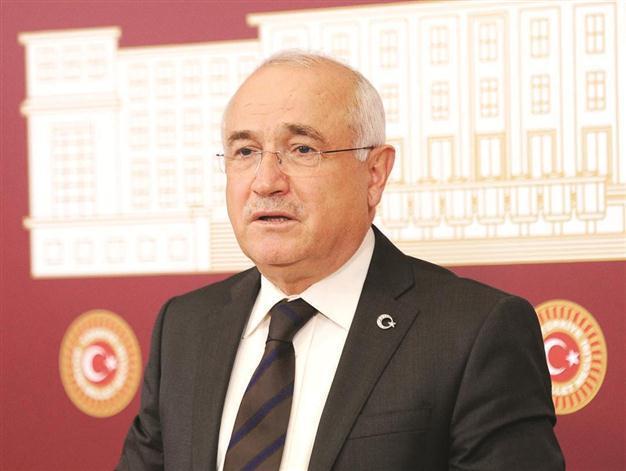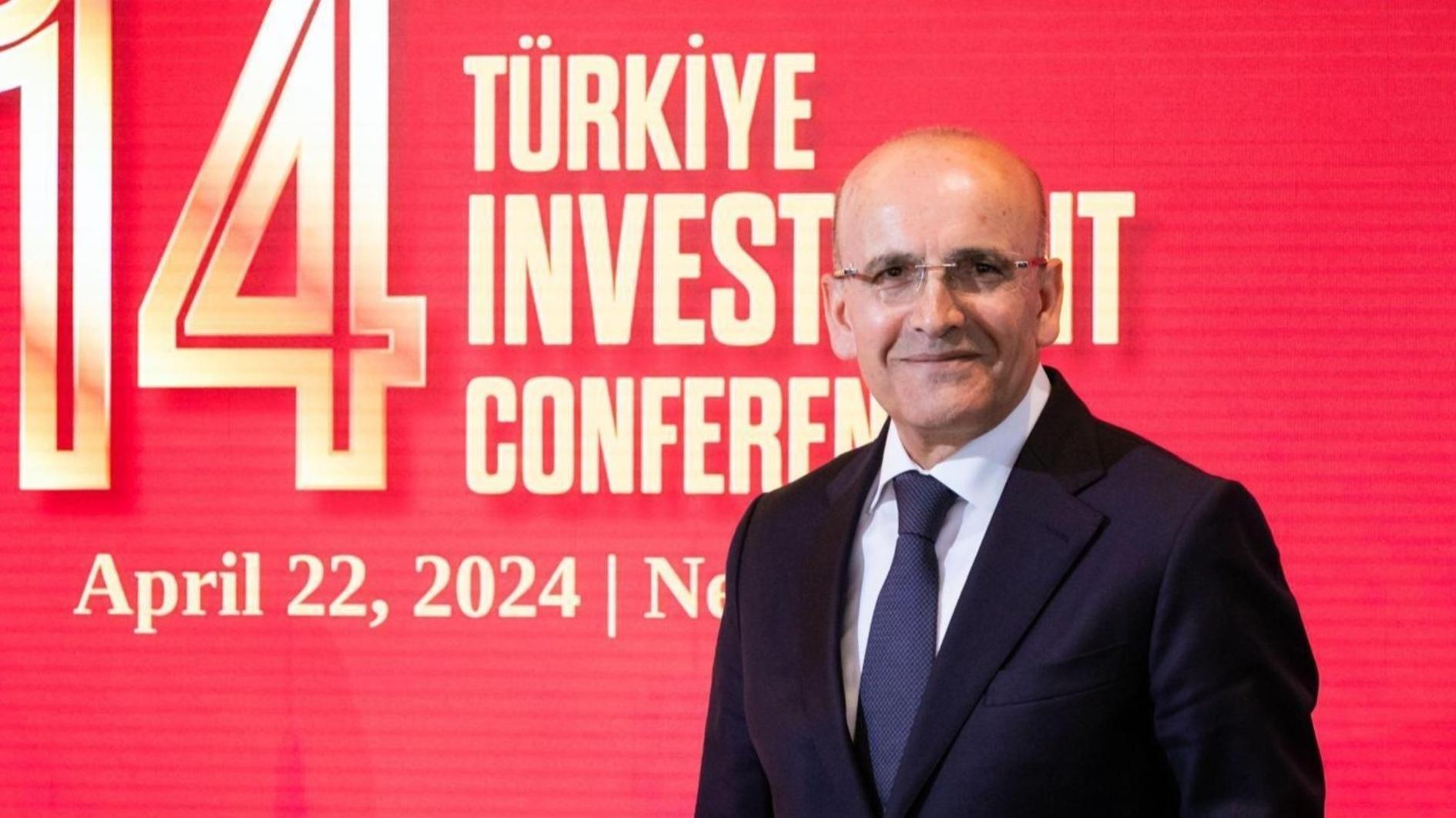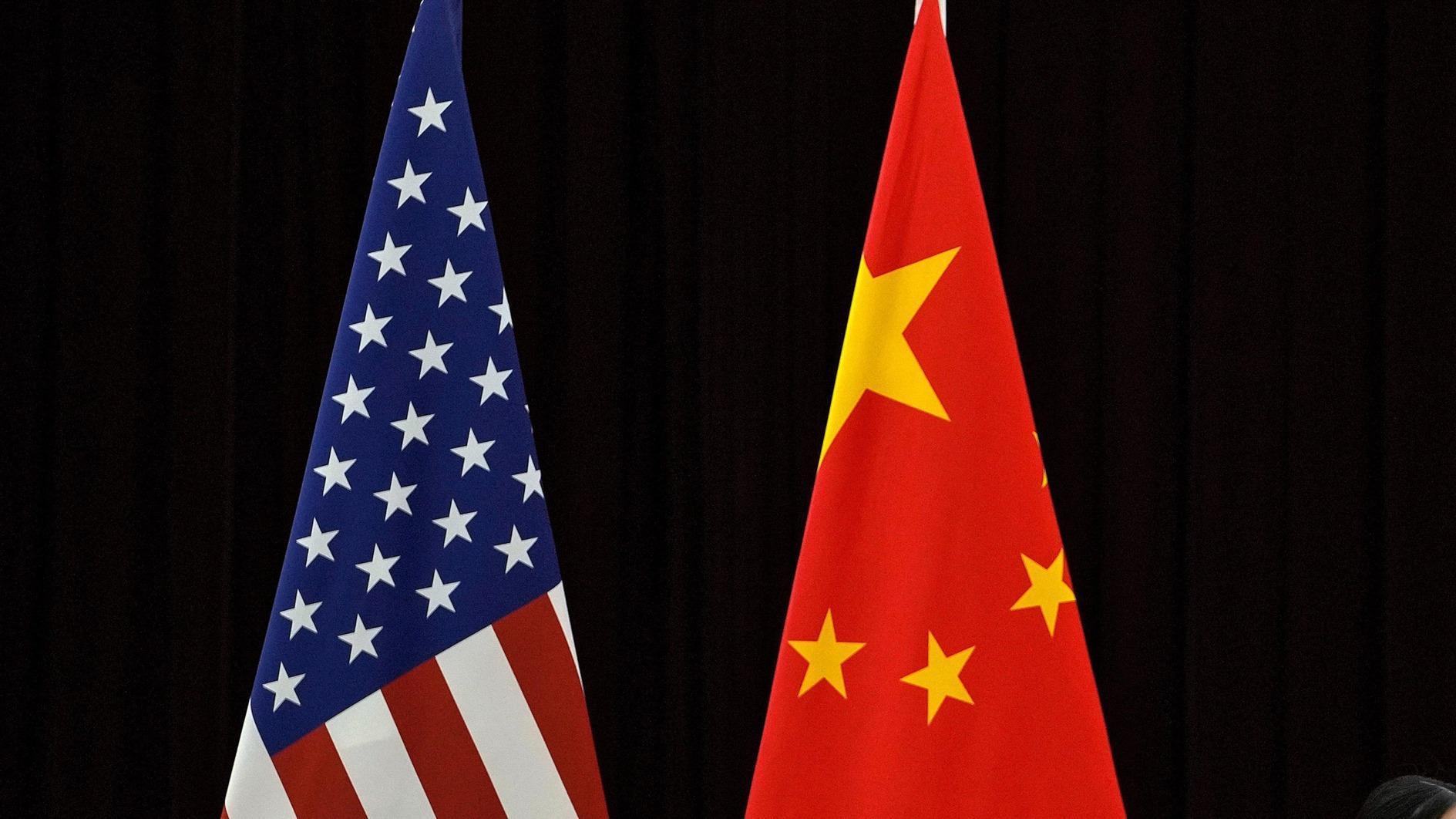Row may hurt Turkish intel's credibility, says parliamentary speaker
ANKARA - Hürriyet Daily News

The legislative, executive and judicial branches should not treat each other as enemies,says Parliament Speaker Çiçek. DAILY NEWS photo
The crisis between the judiciary and the intelligence service could have harmed the credibility of the National Intelligence Organization (MİT), Turkey’s parliamentary speaker has said, urging all state institutions to stop assessing each other as “rivals” or “enemies.”“If you destroyed [MİT’s] reputation, you would also besmirch its credibility with regard to its relations with other countries. This would cause so many negative results and create difficulties. One should pay attention to it,” Parliamentary Speaker Cemil Çiçek told the Hürriyet Daily News in an interview yesterday.
Veteran politician Çiçek is the first senior official to speak about the after-effects of the crisis among the country’s top institutions after a specially authorized prosecutor sought to launch a probe against MİT chief Hakan Fidan over the intelligence service’s role in the fight against terror. The government strengthened the immunity of MİT personnel through a swift amendment to the MİT Act, seemingly ending the crisis.
“Turkey is accustomed to crises. That’s why all institutions should be more sensitive and careful in using their authority,” Çiçek said, noting that the legislative, executive and judicial branches treat each other as either rivals or even enemies. “They are not rivals. They should work in harmony.”
Describing these kinds of internal squabbles as “incidents that have no logical explanation” and noting that they appear quite frequently, especially between the executive and the judiciary, Çiçek said: “We all have to draw lessons from these incidents. The institutions should not evaluate developments only from its point of view, they should look beyond [this].”
Although he did not comment on the prosecutor’s accusations against MİT, Çiçek said the intelligence service was one of the most prominent state bodies for Turkey’s security and noted that it had both internal and external contacts.
“If you depict this institution as a criminal organization, if you tarnish its reputation [there will be problems]. Similar problems are solved in other countries within the borders of the law,” he said. “At the end of the day, what you call a state consists of relations between these institutions. I call on these institutions to be more sensitive and careful while using their authority not only for the good sake of the reputation of these institutions but also for society.”
Constitutional commission going at full speed
Çiçek is also the head of the parliamentary commission tasked with rewriting the charter by the end of the year.
Although constant political tension stands as the most serious hurdle before the process, Çiçek said the members of the commission were very careful about not reflecting these problems during their commission work.
“A softer [political] environment where everyone understands each other much better would of course make this process easier,” Çiçek said.
Praising the commission members’ performance so far, the friendly climate they have generated and the maturity they have shown at the commission, Çiçek said he was satisfied with both the quantity and the quality of civil society’s contribution to the commission.
“The majority of the contributions and opinions introduced to us are about fundamental rights and freedoms,” Çiçek said, adding that they were also hoping to receive more views about the functions of the state organs.
“For example: Are we talking about a presidential or semi-presidential system? We’ll elect the next president via popular vote. If we are making a new constitution, it should also respond to the questions on what the president’s authorities will be,” he said.
The state institutions should also express their opinions about the new charter and in particular how it should determine the functions of their institutions, Çiçek said, adding that this call was also valid for the Chief of the General Staff. “They should not expect an official call from us.”
New commission for internal regulations
On the internal regulations of Parliament which constitute another minefield that has raised tensions in the political environment, Çiçek blamed the Republican People’s Party (CHP) for not showing any flexibility and not even making proposals to find a middle way.
“If the parties are sincere in their calls for a new internal regulation, then I am ready to establish a commission under the roof of Parliament to solve the problem,” he said.
















